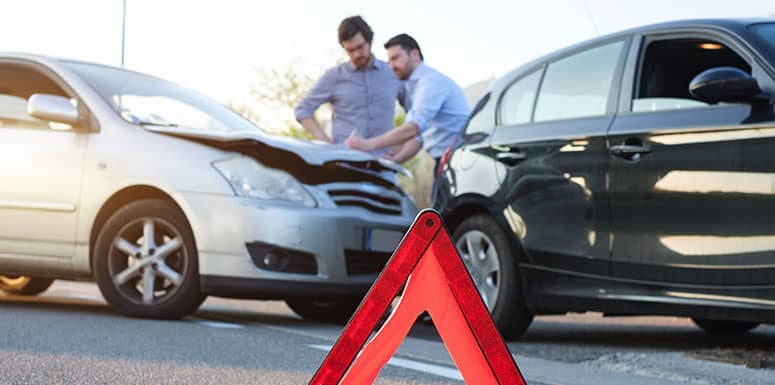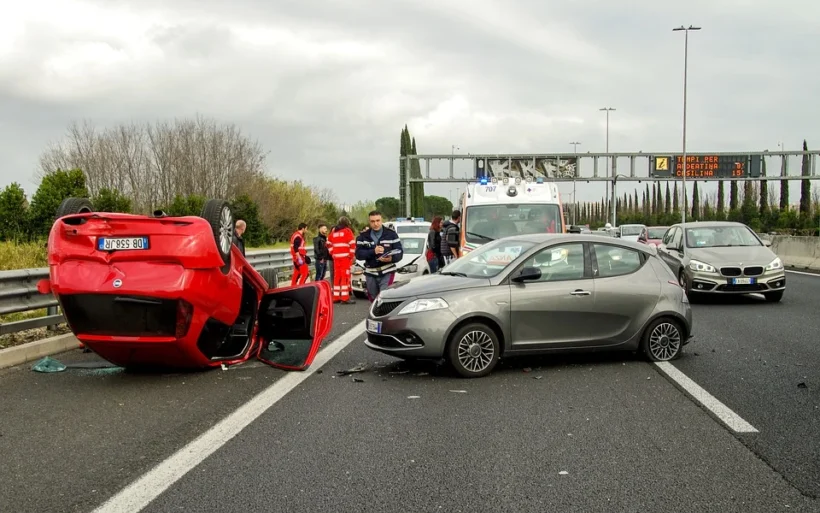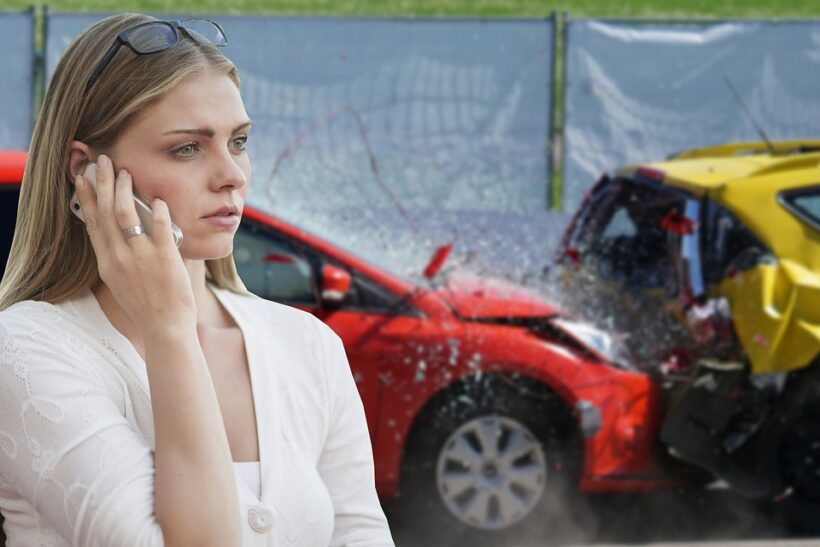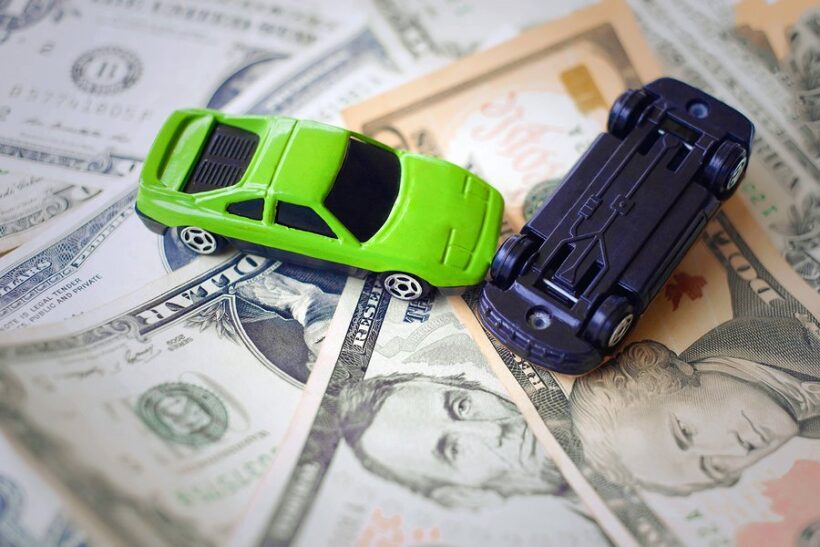When two vehicles collide, the chance of having an injured driver or passenger is high. In most cases, the party who experienced damage shall be compensated by the party at fault. But then again, this fact is easier said than done. Most of the time, it’s hard to prove who has the sole liability or if other parties are guilty of contributory negligence.
Top car accident lawyers from eastonlawoffices.com say that when you find yourselves or your loved ones in the middle of a car accident, you need to be vigilant in gathering pieces of evidence that could help you raise your case. You also need to avoid engaging the other party in a debate or discussion. Leave that for the police to investigate. It’s also essential that you initiate the evidence-gathering process while you’re on site.
After gathering evidence to prove the need for compensation, the next thing you need to determine is the different types of compensation you can recover as a victim of a car accident. But before that, it’s equally essential for the victim to understand how the party at fault can remove or mitigate their guilt. You’ll learn how to attack their defenses and establish your claim by knowing this.
How can a lawyer help the at-fault party in a car accident case?

While common car accidents warrant fines and lenient penalties, car accidents resulting from drinking under the influence (DUI) are dealt with more severely. The best thing a DUI lawyer can do is to prove the innocence of the accused or look for mitigating circumstances to lower their sentence. The lawyer, for example, can help prove that the breathalyzer is defective.
Aside from that, here are possible defenses the lawyer can help the at-fault party with. Take note, however, that the available defenses shall depend on the case’s unique circumstances. If the at-fault party caused damage to a property, for example, they could not solely rely on the defectiveness of the breath analyzer as their defense.
Alcotest machine error can only be raised as a defense if the said machine has not been maintained and calibrated correctly. In that case, it can malfunction and show false positives. Your lawyer can help you establish such an error and render the evidence inadmissible in court.
- Procedural Mistakes: If the apprehending officer, for example, did not recite the Miranda Warning during the arrest, the arrest can be considered unconstitutional. The apprehending officer will then be charged administratively for the omission of duty.
- Unintelligible Language Used During Arrest: When you are stopped for possible DUI, the apprehending officer should explain all your rights in a language that you fully understand. This is according to the due process clause in the law. If such instructions are not provided to you in your native language, your implied consent is deemed to have been violated.
- Mistaken Refusal: For the Alcotest to work, the suspected individual must blow into it for a long time. You can call for a mistaken refusal defense if you cannot blow on it strongly within an extended period due to a medical condition. If you are denied such a defense, you can use the same evidence against the apprehending officers.
What compensation can be awarded to the victim?

Six types of damages could be awarded to the car accident victim. Here are these different types of compensation, along with their respective descriptions.
- Property damage: This compensation will answer the damage to your car and other personal property. Most of the time, the insurance firm will be answering for the property damage.
- Lost wages: An accident can leave you incapacitated to work. In this case, one of the compensations you can receive is payment for the lost hours. Aside from this, you can also file for compensation for other employee benefits and loss of your PTO benefits.
- Punitive damages: When you say punitive damages, it means the damages paid to the victim to compensate them, not for anything specific. Instead, this is awarded by the court to set as an example for violators and at-fault parties to be cautious with their actions. This is like telling them that if you’re not careful, you’ll end up paying this kind of damage, too. However, this is not awarded in all cases. This is only available to the injured parties of an act committed by someone who acted recklessly or in wanton disregard of another’s safety.
- Medical expenses: As the term suggests, this is for the piling medical expenses you incurred while you heal from the injuries caused by accident.
- Loss of enjoyment: If the accident leads you to a state where you can no longer enjoy the activities you once were passionate about, you can claim compensation under loss of enjoyment.
- Loss of consortium: This refers to the loss of companionship and physical intimacy between spouses due to the accident or injury. If you go through this, know that you can file compensation from the at-fault party.
- Pain and mental suffering: The accident may have sent you to the hospital for treatment and medication. However, more than the staggering medical expenses, what’s even more unbearable is too much physical pain and mental anguish. If you suffer from these, you can also get compensated.
- Psychological damages: If you couldn’t sleep for countless nights because of the trauma from the accident, you can also claim compensation for psychological injuries.
Takeaway

Surviving an accident is no easy feat. Aside from the physical stress and trauma, you have to deal with the psychological repercussions after the accident. And these side effects could last for a long time, even when you’re already safe and sound. Unfortunately, some of these effects linger as if waiting for a trigger and wreak havoc again.
The least you can do when you experience these adverse effects is to file for compensation. It may not cure your condition, but at the very least, it could help you defray expenses and other medical costs.

